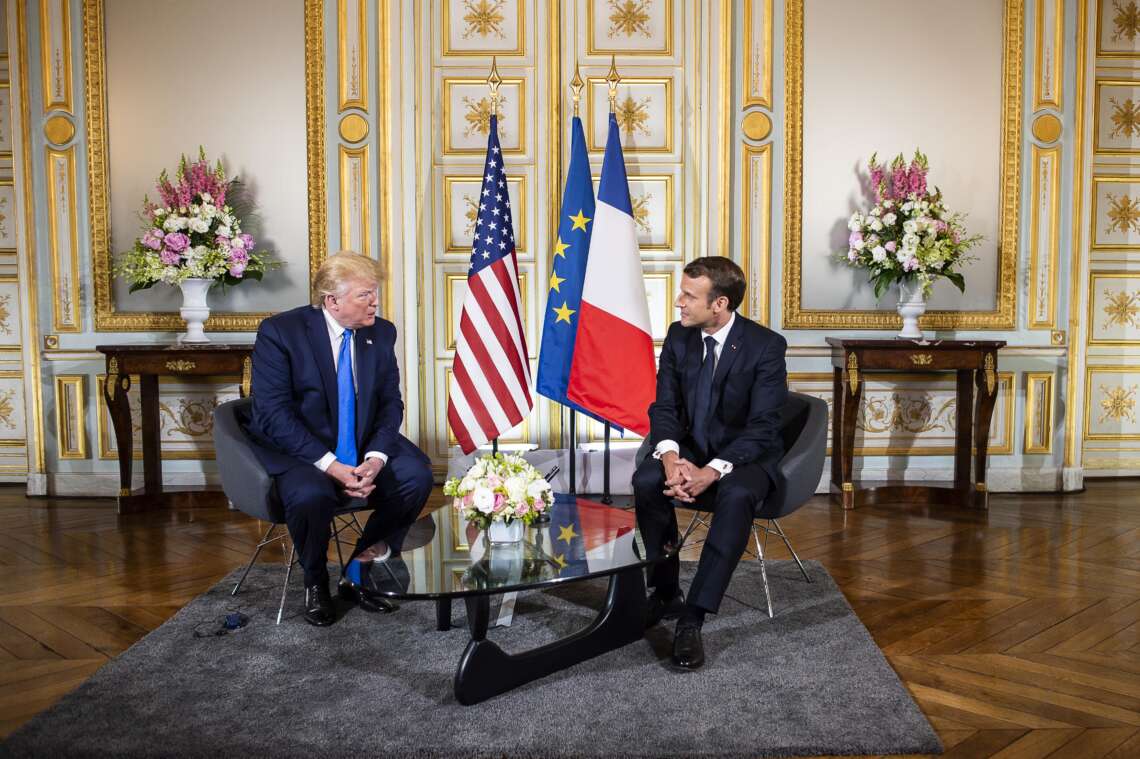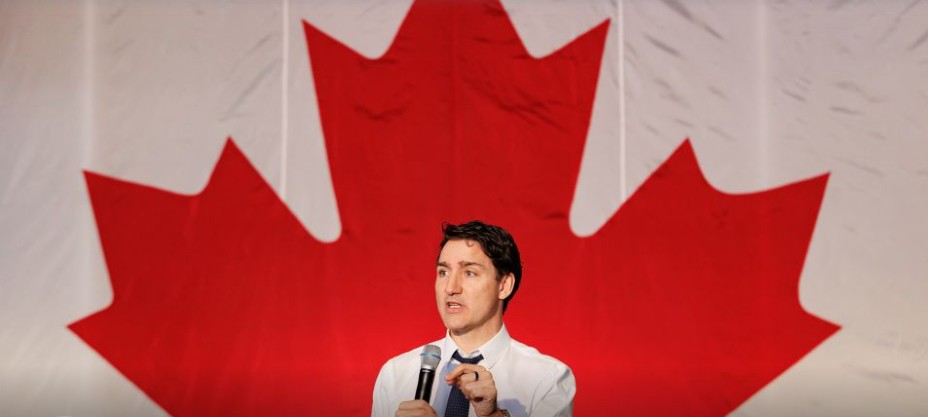Macron will also address tariffs that Trump plans to impose on European products….reports Asian Lite News
French President Emmanuel Macron will travel to the United States for discussions with his US counterpart, Donald Trump, focusing on the Ukraine issue and impending US tariffs, French Minister Delegate for European Affairs Benjamin Haddad confirmed.
Speaking to French television channel LCI, Haddad revealed that Macron had already spoken with Trump twice this week regarding Ukraine. “Our approach is to maintain dialogue with the president of the United States to ensure that the voice of the Europeans is heard in this negotiation,” he said.
Macron is expected to emphasise to Trump that “the future of Ukraine cannot be decided without the Ukrainians, and the future and security of Europe cannot be negotiated and decided without the Europeans.” Haddad stressed that Europe has contributed more to Ukraine than the United States, and therefore, must have a say in the process.
Moreover, Macron will also address tariffs that Trump plans to impose on European products. “A trade war, protectionism is not in anyone’s interest,” the minister warned.
This week, Macron has hosted European and non-European partners twice to coordinate a common stance on Ukraine. Both meetings concluded with a unified position that any peace talks should include both Ukraine and Europe.
On Wednesday, Macron said that France is not preparing to send ground troops to Ukraine. Macron, however, did not rule out the possibility that if a peace agreement is reached between Kyiv and Moscow, France could send experts or even a limited number of troops to non-conflict zones to “support Ukrainians and demonstrate solidarity.”
He also emphasised that there would be “no lasting peace without the Ukrainians and the Europeans.” On Monday, Macron hosted a meeting on Ukraine, bringing together leaders from the North Atlantic Treaty Organization and the European Commission, along with representatives from France, Germany, Britain, Poland, Spain, Italy, Denmark, and the Netherlands.
The meeting aimed to coordinate a common European response ahead of the Russian-US talks. Neither Brussels nor Kiev were invited to the negotiations.
EU scrambling to weather US tariff threats
The EU trade chief is on a business trip in Washington to talk with his US counterpart in hopes of averting a tariff war with the United States.
Given that the US fresh tariff measures, if unanswered, will take its toll on the flailing EU economy, the trip of Maros Sefcovic, the European Commission’s Commissioner for Trade and Economic Security, is part of the bloc’s latest efforts to deescalate the trade tension, which is mainly centered on the EU’s trade deficit with the United States.
The US administration announced on February 10 that it would impose a 25-per cent tariff on steel and aluminum imports and proposed “reciprocal” trade policies, which was met with a swift backlash from the EU.
“The European Commission views President (Donald) Trump’s proposed ‘reciprocal’ trade policy as a step in the wrong direction,” the commission said in a statement.
The US moves put the EU on high alert as they will inevitably pile pressure on the exports, the manufacturing industry and the economy of the bloc.
The EU could lose up to 3.7 million tonnes of steel exports to the United States, the second biggest export market for EU steel producers, warned the European Steel Association in a statement
A lot of the steel plants in the EU, which have already been struggling under the burdens of rising costs and weaker demand, will be forced out of business, according to the association.
Bert Colijn, an economist at ING, believes that additional tariffs would “lead to a prolonged downturn in European industry.”
The proposed “reciprocal tariff” policy will also deal a heavy blow to the struggling EU auto industry, especially Germany. The “reciprocal tariff” issue has been contended by industry insiders who argue that the tariffs are more complicated than they appear to be.
Hildegard Mueller, President of the German Association of the Automotive Industry, noted that the United States, which criticizes the EU’s 10 per cent tariff on imported passenger cars, imposes a 25 per cent tariff on imported pick-up trucks, which are among its best-selling vehicles.
Once hailed as the “engine of the European economy,” the German output has shrunk for two consecutive years, making it one of the worst performers among EU member states. The German government revised its 2025 growth forecast from 1.1 per cent to 0.3 per cent in January. The new US tariffs will compound the plight of the German economy as German exports of steel and auto products to America are set to decline.
The US tariffs also weigh on France, whose economy contracted in the last quarter of 2024. French companies in the automotive, pharmaceutical and wine industries fear that US tariff measures could reduce their exports to the US market. The French government is currently grappling with high public debt and fiscal deficits.
The US trade policy is also on the radar of the European Central Bank (ECB), which is scaling back its restrictive monetary policies by cutting interest rates. In case of a trade war, resurging prices can delay or even derail the rate-cutting cycle of the ECB. ECB President Christine Lagarde previously warned that the US government’s planned tariffs “would have a negative impact globally.”
Trade ministers from the EU’s 27 member states reached consensus at a video conference last week in the wake of the US announcement of new tariffs.
Negotiations, as the EU trade ministers believe, will be the best option for the EU to avert a tariff war.
ALSO READ: Macron Calls for Stronger European Defense














